As the image shows that, as the memory capacity increases the accessing time is also increasing.
Does it make sense that, accessing time is dependent on the memory capacity..???


As the image shows that, as the memory capacity increases the accessing time is also increasing.
Does it make sense that, accessing time is dependent on the memory capacity..???


No. The images show that technologies with lower cost in $ / GB are slower. Within a certain level (tier of the memory hierarchy), performance is not dependent on size. You can build systems with wider busses and so on to get more bandwidth out of a certain tier, but it's not inherently slower to have more.
Having more disks or larger disks doesn't make disk access slower, they're close to constant latency determined by the nature of the technology (rotating platter).
In fact, larger-capacity disks tend to have better bandwidth once they do seek to the right place, because more bits per second are flying under the read / write heads. And with multiple disks you can run RAID to utilize multiple disks in parallel.
Similarly for RAM, having multiple channels of RAM on a big many-core Xeon increases aggregate bandwidth. (But unfortunately hurts latency due to a more complicated interconnect vs. simpler quad-core "client" CPUs: Why is Skylake so much better than Broadwell-E for single-threaded memory throughput?) But that's a sort of secondary effect, and just using RAM with more bits per DIMM doesn't change latency or bandwidth, assuming you use the same number of DIMMs in the same system.